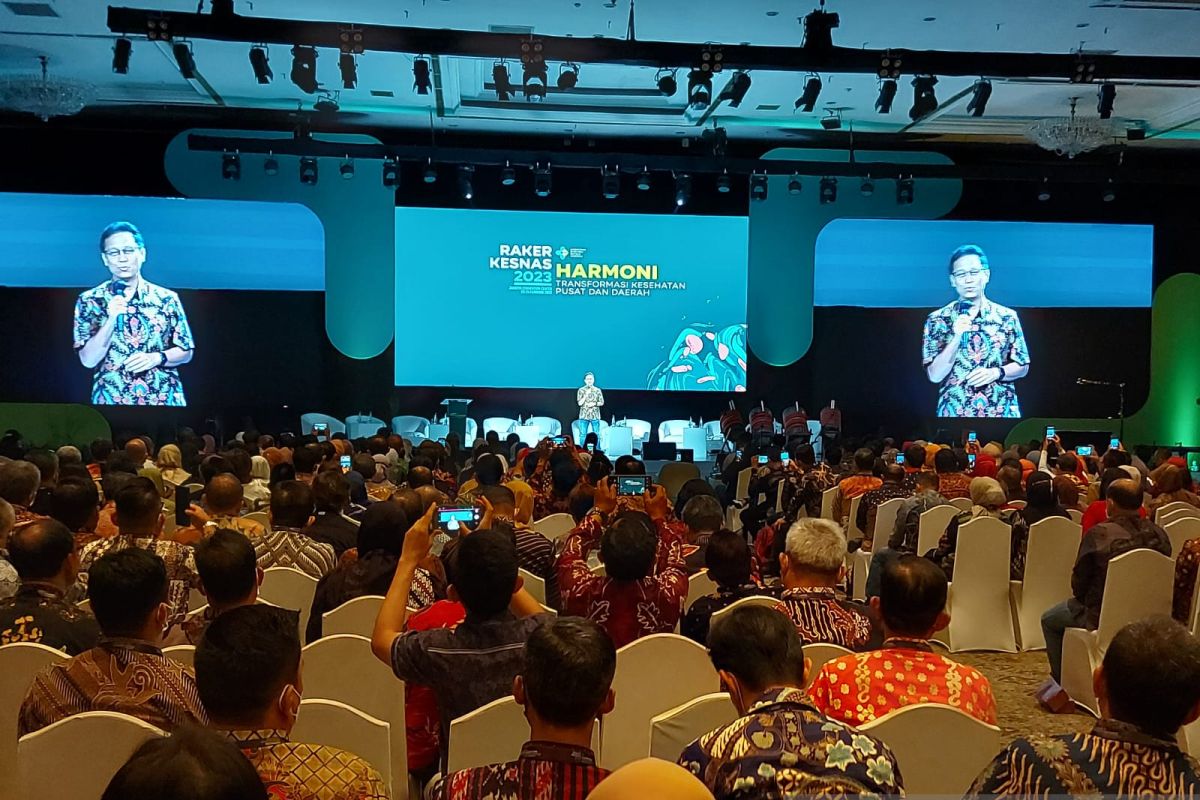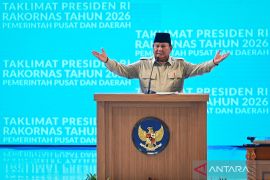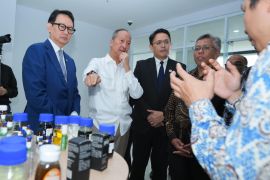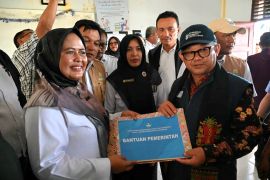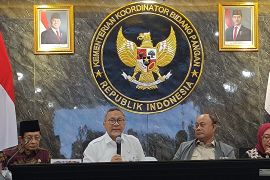“The fundamental philosophy of the health transformation is that we want and must improve access and the quality of services for the community,” he underlined while opening the “National Health Working Meeting 2023” at Jakarta Convention Center here on Thursday.
He said that the philosophy applies at the level of community discussion, especially regarding the proposal for the Health Bill.
"Whoever proposes, does, as long as they improve the quality of the service, that is the one (the proposal) that is taken,” he added.
Another important aspect of the health transformation are efforts to involve the state in improving the access and quality of services for the community, in accordance with the 1945 Constitution, he said.
“The state must be present; this is the responsibility of the state,” he stressed.
For instance, one problem that is currently being faced by the country’s health services and requires government intervention is the lack of doctors, he said.
Indonesia’s health transformation consists of six pillars, the first pillar is the transformation of primary services through the revitalization of community health centers (puskesmas) and integrated health posts (posyandu) to serve promotive and preventive services.
The next pillar is the transformation of referral services for stroke, cancer, and kidney patients by ensuring the uniform distribution of specialist health service facilities.
The third pillar is building health system resilience by ensuring the availability of medicines, vaccines, and locally-made diagnostic tools as well as backup health workers by involving medicine faculties, health polytechnics, and scouts.
The next pillar is the transformation of the health financing system, which will support the process of revamping health offices' budgets so that they do not overlap, as has happened so far.
Then is the transformation of health human resources to meet the ideal doctor-patient ratio of 1:1,000. Currently, in Indonesia, the number of doctors is 101,476 and they serve as many as 273,984,400 people. Thus, 1 doctor serves around 2,700 people.
The last pillar is the transformation of health technologies by preparing a health technology platform for digitally recording patients’ medical history and implementing it at all health service facilities.
Related news: Ministry explores remote areas to boost access to health services
Related news: Ministry asks health facilities to improve service to dialysis patient
Related news: Minister keen that RSUD dr Iskak becomes national pilot hospital
Translator: Andi Firdaus, Raka Adji
Editor: Azis Kurmala
Copyright © ANTARA 2023
